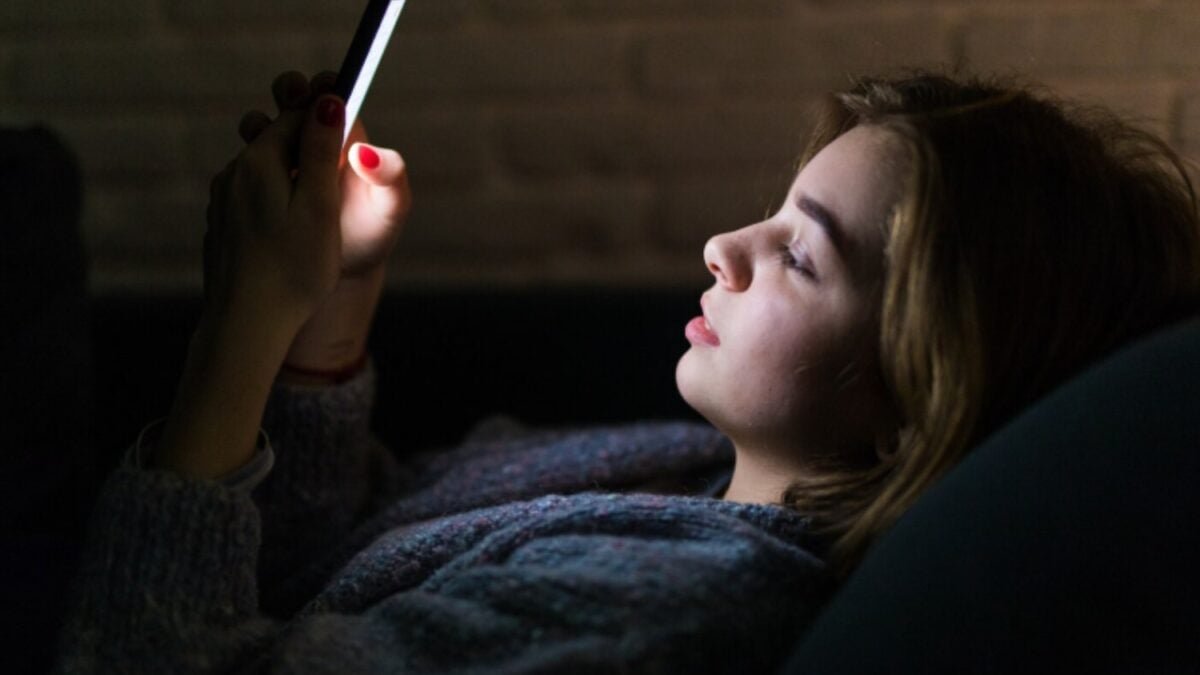Screens before sleeping: when they affect sleep and when they don’t

For years, blue light has been blamed for sleep problems associated with screen use. However, recent research paints a more complex picture. Not all nighttime exposure to electronic devices harms sleep, and factors like screen brightness, digital activity, and personal habits seem to be more decisive than the light itself. The key is how and why we use screens.
– Blue light is not the only factor:
The classic hypothesis holds that blue light hinders sleep. However, recent studies show that this effect is not always significant. Watching TV at a certain distance, using a device with low brightness, or having received enough sunlight during the day attenuates the impact. Furthermore, individual differences are notable: some people need much more exposure than others.
– The role of digital activity:
Beyond light, the crucial factor is the type of interaction. Highly stimulating activities like video games, social media, online shopping, or gambling activate the brain’s reward system and make it difficult to disconnect. In contrast, passive interactions like watching a familiar series or reading a relaxing text have a smaller impact and can even help those dealing with intrusive thoughts to distract themselves before sleep.
– Content matters as much as the device:
An exciting TV episode or a new book can delay sleep more than a familiar light comedy. In this sense, the consumed content is as crucial as the technology used. Emotional and cognitive engagement weighs more than screen brightness, according to specialists.






